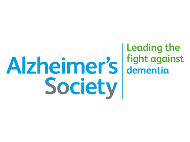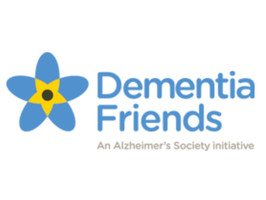
Dementia Care
The word dementia describes a serious deterioration in mental functions, such as memory, language, orientation and judgement.
The most common cause of dementia is Alzheimer's disease, accounting for around two thirds of dementia in the elderly. Other diseases which cause dementia are Vascular dementia, (including multi-infarct dementia and Binswanger's disease), Lewy Body disease(Dementia with Lewy Bodies) and Frontal-temporal dementia (including Pick's disease and Primary Progressive Aphasia).
It is not uncommon for people to have more than one form of dementia; for example, some people with vascular dementia also have Alzheimer's disease.
Senile dementia refers to dementia in people over 65. Dementia in people under this age is much more rare and is often referred to as Early onset dementia.
Dementia is a major cause of ill health that is currently affecting 700,000 people in the UK.
Alzheimers disease, Vascular dementia, Lewy Body disease and Frontal-temporal dementia are all neurodegenerative conditions. This means they progress and gradually destroy more and more brain cells. Some symptoms are common to each disease, but everyone is unique and is affected in their own way.
Unsure about about Alzheimers? Watch the short YouTube video below for an explanation.



